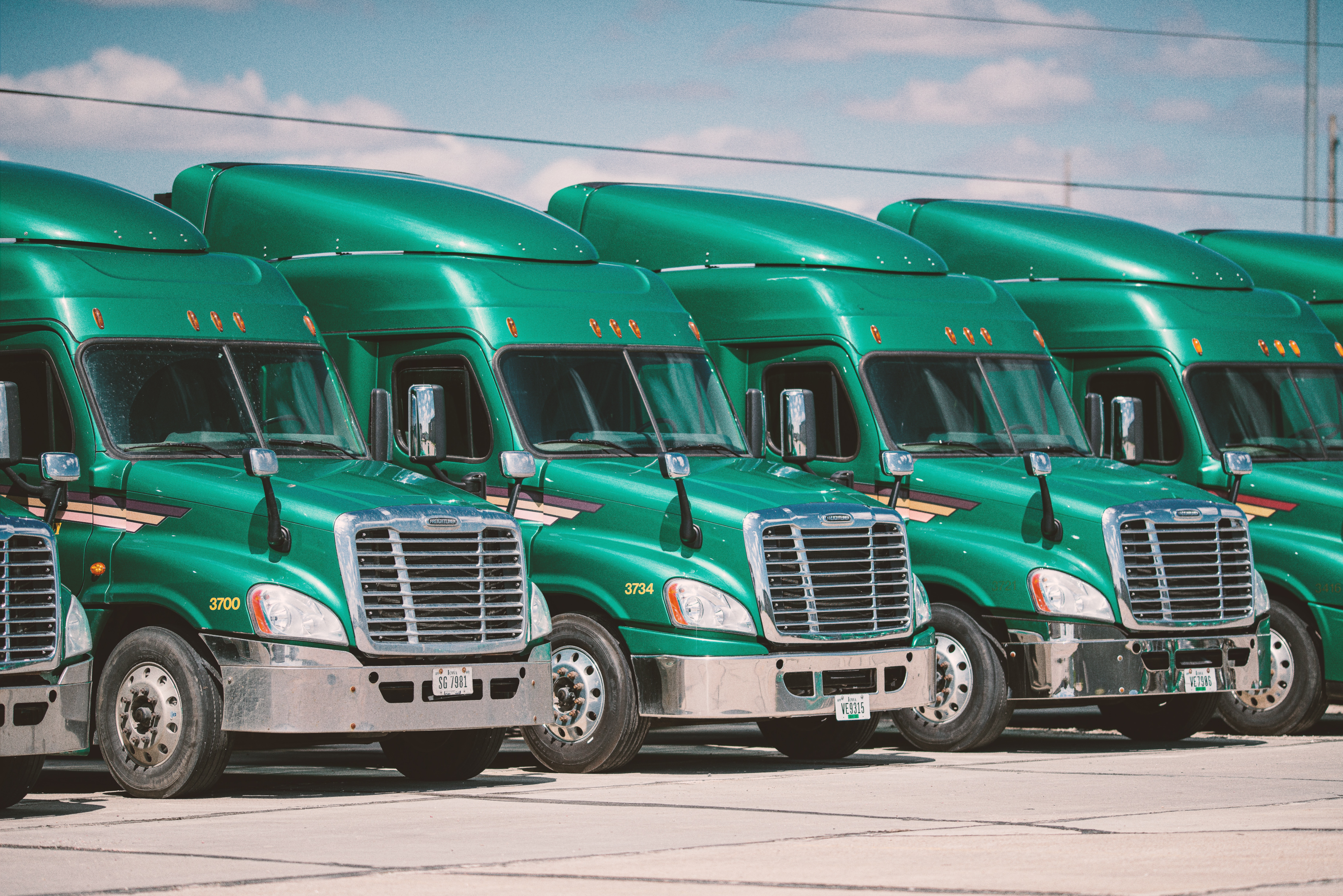5 Ways Technology Is Revolutionizing The Trucking Industry

The advancements in digital technology have brought changes in the trucking industry. Modern invitations make trucking safer and more efficient and minimize the environmental impact. This article shares how technology changes the trucking industry and the future trends.
Electric trucks
The development of electric trucks is one of the innovations in the industry. Electric vehicles don't use fuel, which brings many advantages. Relying on electricity for transportation reduces the costs of full truckload shipping , which will also affect the product price. On the other hand, this helps reduce the carbon footprint and contributes to more sustainable practices. Battery technology and charging infrastructure will improve, and we will see more electric trucks on the roads.
Implementing electric trucks in your fleet has so many advantages. Firstly, drivers won't have to stop at gas stations, reducing delivery time.
The electric vehicles also help you eliminate the impact of fluctuating gas prices. Also, the use of electricity brings out the sustainability aspect of your practices. Customers are conscious of how the shipping industry affects the environment, so adding eco-friendly services to your offers helps you broaden your client base.
Even though electric trucks might be a significant initial investment, they will decrease operating costs. Also, the trucks will be used quietly.
As the technology develops, electric vehicles will become more widespread and affordable. This opens new opportunities for the trucking industry, allowing businesses to reduce operating costs.
Self-driving trucks
While it might sound like science fiction, self-driving trucks have already been developed to a certain extent. The self-driving technology can help tackle the issue of driver shortage. Also, it can assist with finding efficient routes.
Long shifts cause fatigue, which affects safety. The advanced algorithms of self-driving trucks and truck drivers' expertise can help improve safety.
Semi-autonomous trucks are already in the trucking industry. They have a certain level of autonomy but still require human input. As technology evolves in the future, we will see more applications in self-driving trucks to improve safety and efficiency.
IoT Devices
IoT Devices are a popular trend in the trucking industry, finding many applications. About 42% of the flats in the US already use IoT to enhance safety, improve communication, and increase efficiency.
The devices can provide predictive maintenance. They can measure the fluid levels and temperatures, notifying managers when maintenance is required.
Another area where IoT devices are applicable is route optimization. By using real-time traffic data, truck drivers can optimize their routes. Despite saving time, this reduces costs and increases profit.
The location tracking system provides shipping updates to the customer. Despite increasing customer satisfaction, this enhances transparency for the fleet managers.
IoT devices can also monitor safety and identify unsafe practices such as driving fast and sudden braking. This instantly notifies the fleet managers, who can take proper action to enhance safety. When accidents happen, they can immediately react by contacting authorities and a lawyer specialized in truck accidents to handle legal matters, ensure compliance with regulations, and protect both drivers and the company from potential liabilities.
The IoT technology provides instant communication and access to every truck in the fleet.
AI
AI technology is applied in many industries worldwide, and trucking is one of them. Trucks will have AI devices installed to help in various aspects. They provide real-time updates and make predictions. AI is beneficial for analyzing large volumes of data quickly. This saves time, as the fleet managers would have to take the data from the IoT devices and explore it.
This streamlines the decision-making process and improves accuracy. AI can predict road hazards such as extreme weather and traffic jams. Also, it can predict when the truck will need maintenance.
AI devices work closely with the in-truck technology to make it easier for the driver but also increase efficiency and reduce costs.
Mobile fleet maintenance
Mobile fleet maintenance software is beneficial in the trucking industry. Mobile fleet maintenance providers can come to your location and do the necessary checkups. With this, you can fit maintenance into your schedule, saving time and money. The service can be scheduled online through a designated app. With this, you won't have to take your trucks to the repair shop for minor issues, which does not disrupt the shipping process.
The future of the trucking industry
As technology develops, it will positively impact the trucking industry. With the improvement of AI, route optimization and predictions will be more reliable. Connectivity technologies will help reach the final destination safely, avoiding traffic congestion with optimal routes based on data. The vehicle trends are oriented toward sustainability, cost-effectiveness, and safety.
Just a decade ago, we couldn't imagine self-driving vehicles. They have become a reality, with a promising future meant to improve the trucking industry.